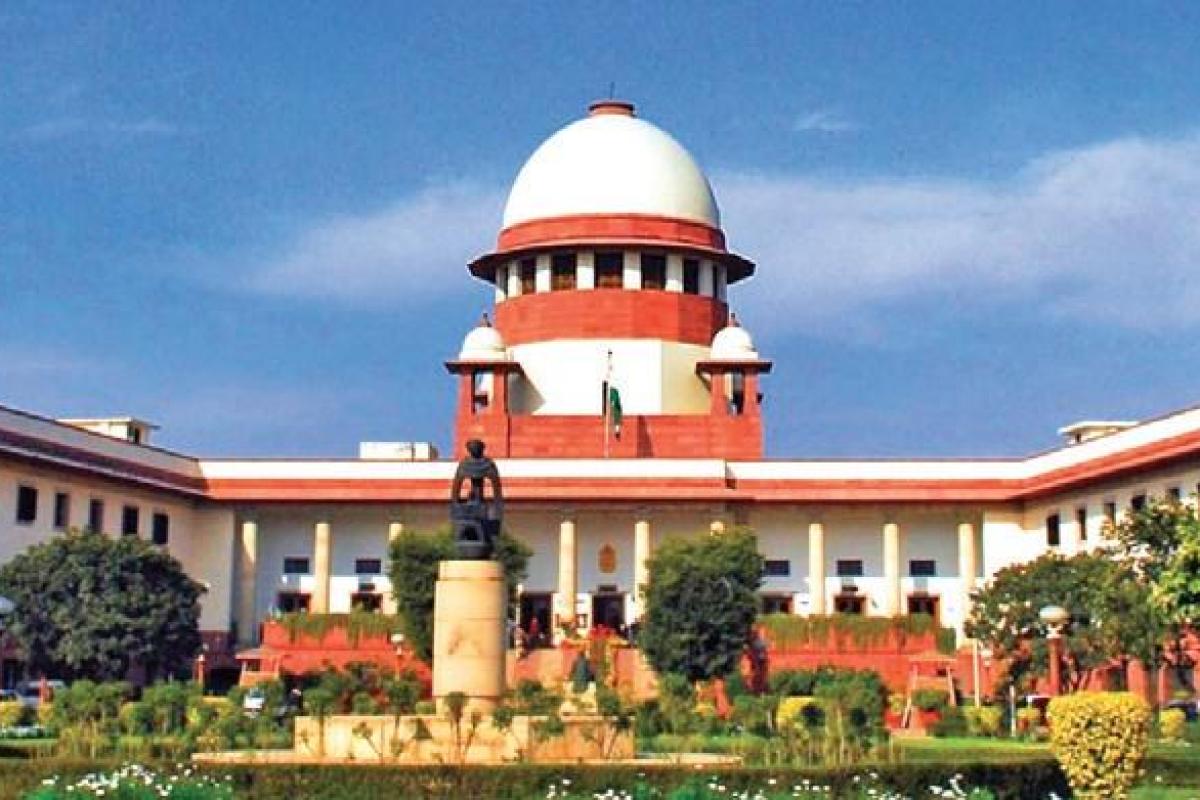The High Court has committed jurisdictional error by not entertaining the revision petition on merits and overlooking the fact that ‘discharge’ is a valuable right provided to the accused. This was said in the case of Sanjay Kumar Rai vs The State Of Uttar Pradesh [CRIMINAL APPEAL NO.472 OF 2021] by Justice Surya Kant, J in the Supreme Court of India
This appeal emanates from the judgment dated 28.11.2018 passed by the High Court whereby a criminal revision against the order dated 13.03.2014 of the Chief Judicial Magistrate, refusing to discharge the appellant under Sections 504 and 506 of IPC has been turned down
Learned Counsel for the appellant urged that prima facie, the story of the complainant seems dubious, for he initiated the phone call, put it on speaker, and had two witnesses ready to listen to the conversation. No call records had been sought by the police, affidavits of the witnesses were blindly accepted and no attempt was made to record their statements under Section 161 of CrPC. The Investigating Officer proceeded with a closed mind and casually overlooked the credentials of the complainant who is involved in seven criminal cases including under Sections 323, 504, and 506 of IPC. A letter from the Resident Editor of ‘The Pioneer’ was also produced, showing that the complainant was not employed with their newspaper around the time of the alleged incident.
On the other hand, Learned State Counsel urged that the allegations make for a clear case under Sections 504 and 506 of IPC and that no error was committed by the High Court of the CMJ.
The Court referred to the case of Union of India v. Prafulla Kumar Samal [(1979) 3 SCC 4] wherein it was said that “it is well settled that the trial court while considering the discharge application is not to act as a mere post office. The Court has to sift through the evidence in der nd out whether there are sufficient grounds to try the suspect. The court has to consider the broad probabilities, the total effect of evidence and documents produced and the basic infirmities appearing in the case and so on. Likewise, the Court has sufficient discretion to order a further investigation in appropriate cases, if need be”. This brings us to the present case wherein the High Court has not gone into the merits of the case and did not analyze the case in light of the settled law referred to above.
Furthermore, the Court said that “The High Court has committed jurisdictional error by not entertaining the revision petition on merits and overlooking the fact that ‘discharge’ is a valuable right provided to the accused. In line with the fact that the High Court and the court below have not examined the fairness of criminal investigation in this case and other related aspects concerning the improvement of witness statements, it is necessary for the High Court to reconsider the entire matter and decide the revision petition afresh”. Hence, the impugned order dated 28.11.2018 was set aside and the case was remanded back to the High Court for its reconsideration by the law.


